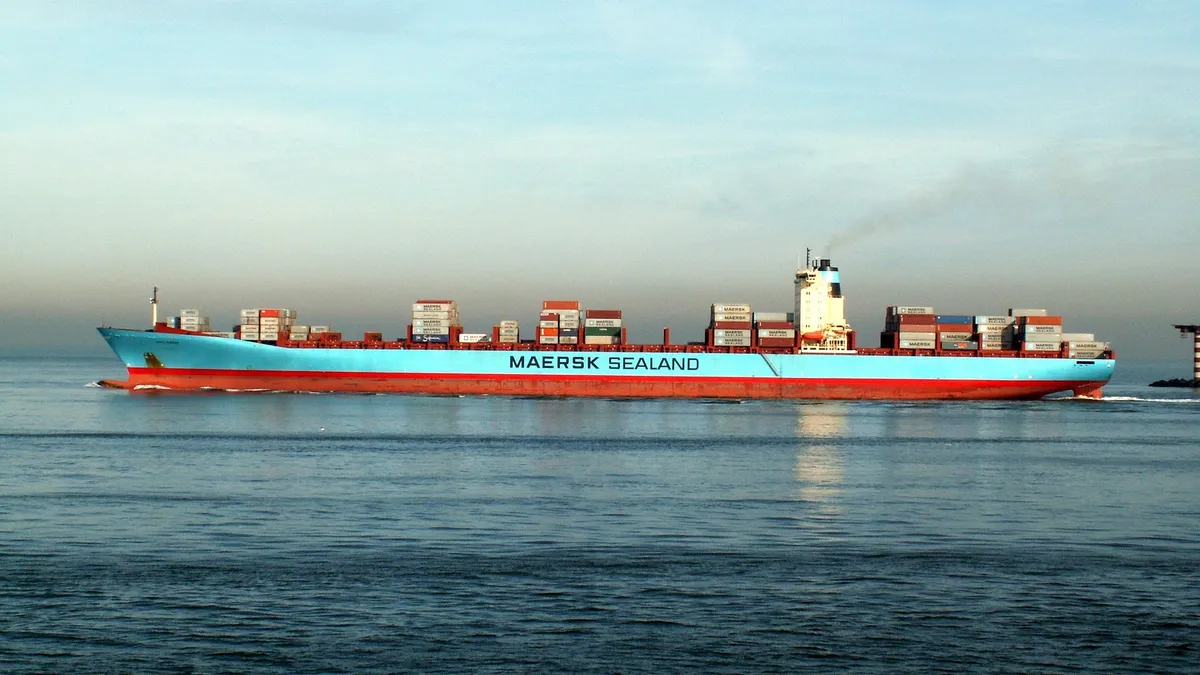Dive Brief:
- The Maersk Line, which was struck by the Petya virus on June 27, disclosed a status report on its recovery, stating that online quotes for short-term rates have returned, as has the prompt processing of Advanced Manifests, the company reported Tuesday.
- The majority of global applications are up and running, which means that cargo is in motion. The company website is fully functional, so that bookings may be arranged normally. Invoices are being issued online in most cases, though a few delays remain.
- Certain locations still provide challenges due to manual processing, but inland deliveries and import releases are returning to normal.
Dive Insight:
The size of the affected company is often what determines the time needed for recovery from a cyber attack. Generally speaking, larger firms are able to speed recovery faster due to greater assets, but also because they often (but not always) have cyber security in place.
In the case of Maersk, nearly a full month elapsed before the company issued its "we're almost there" announcement referenced above. While Maersk, which was tremendously impacted by the attack, repeatedly reassured customers of progress by Friday the 30th (the attack came on Tuesday the 27th), ports managed by its own APM Terminal remained impacted until July 5th.
In the case of FedEx/TNT, the damage was more extensive. In fact, while FedEx itself was unaffected, TNT, the Dutch arm of its European delivery service, still remains handicapped, and may not manage a full recovery, period. Though TNT locations are functional, many services continue to require manual processing, meaning staff is still writing orders and performing other paperwork by hand. Shockingly, FedEx has disclosed that it does not have insurance to cover the Petya damage to TNT. Financial damage to both companies is expected to be significant.













